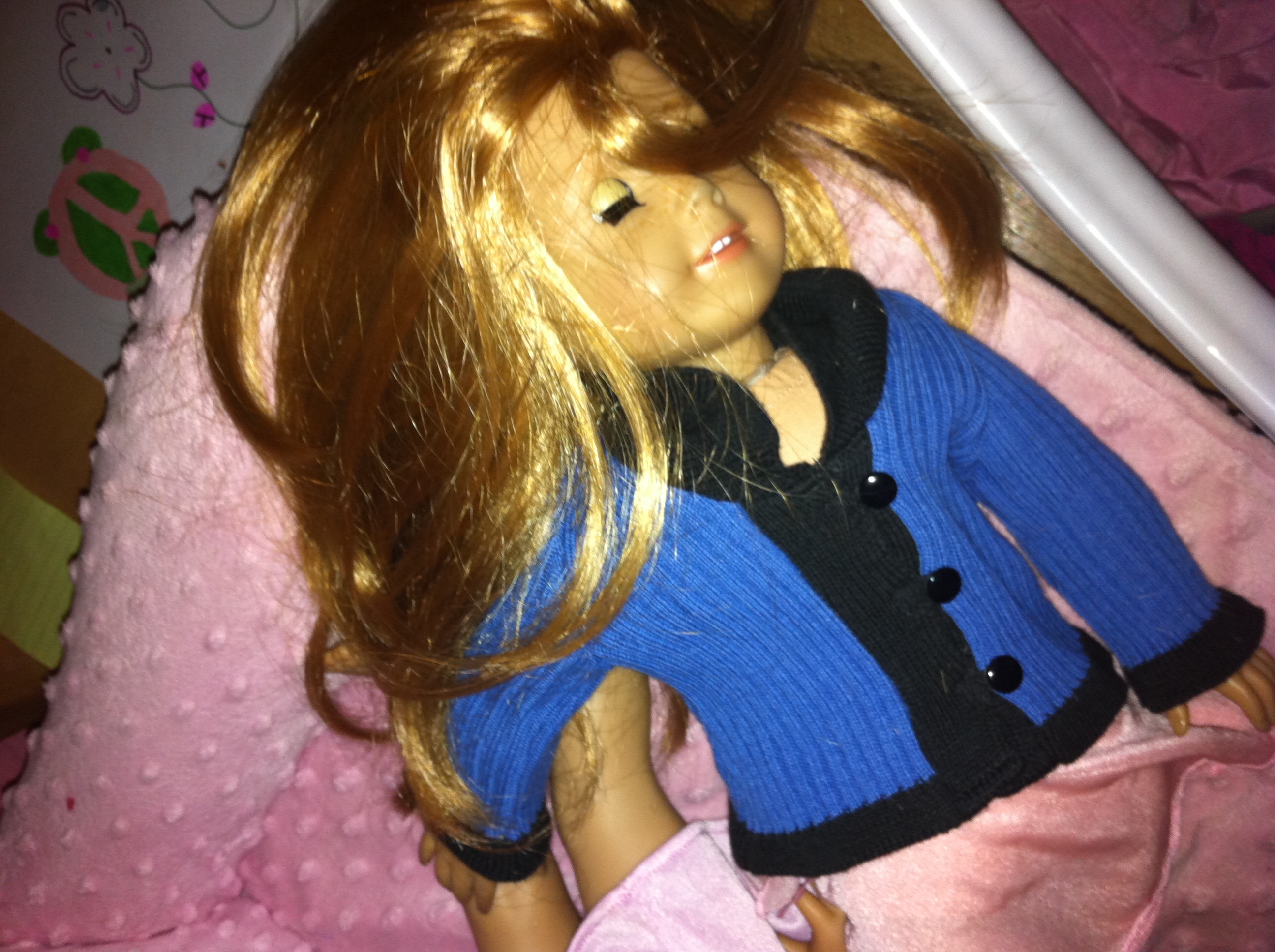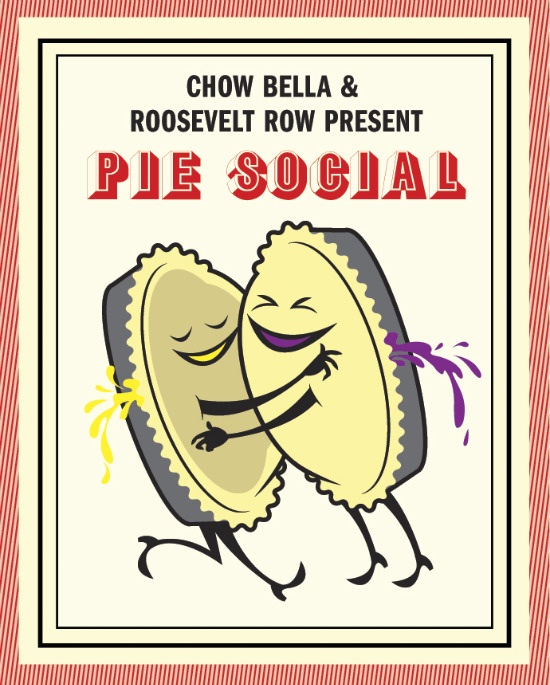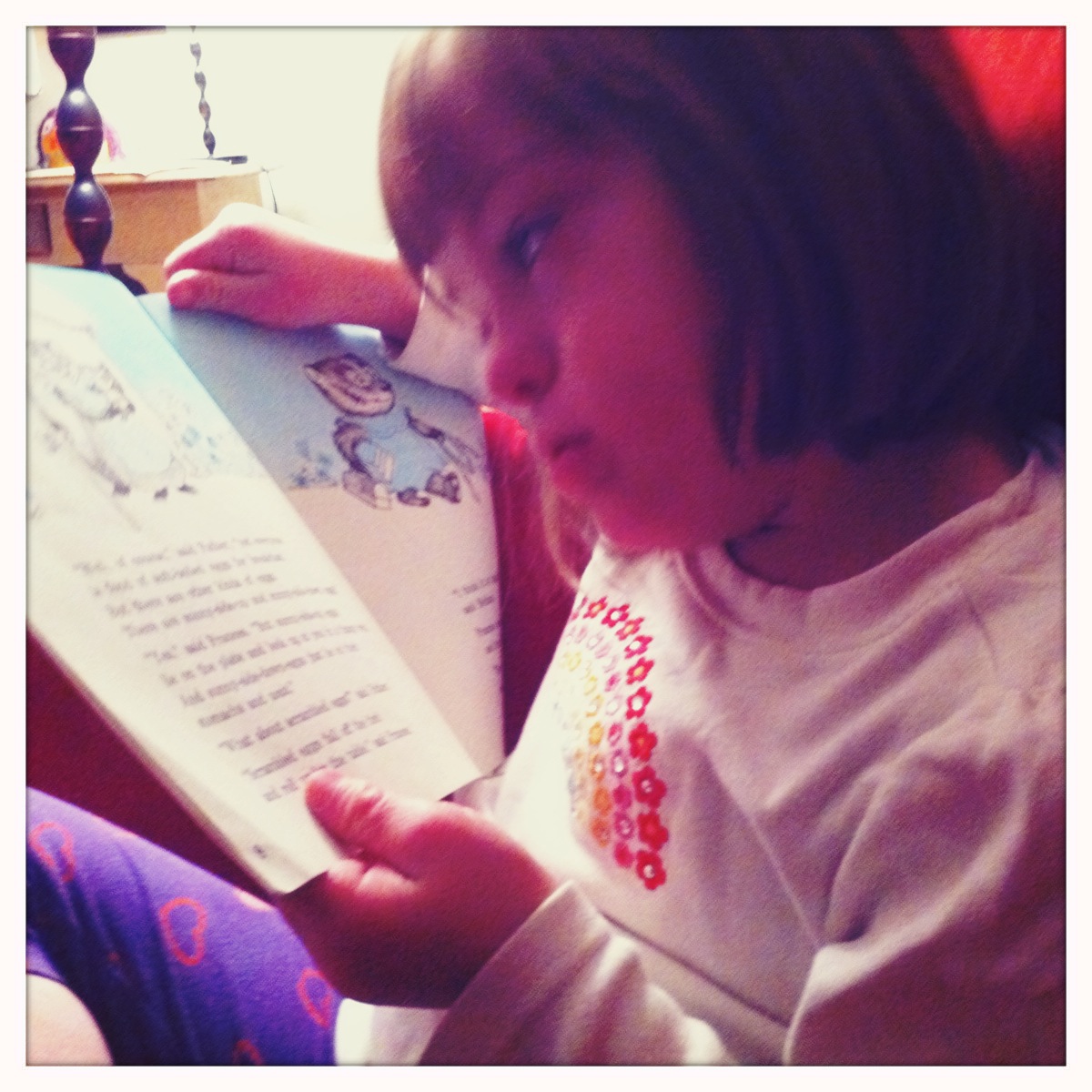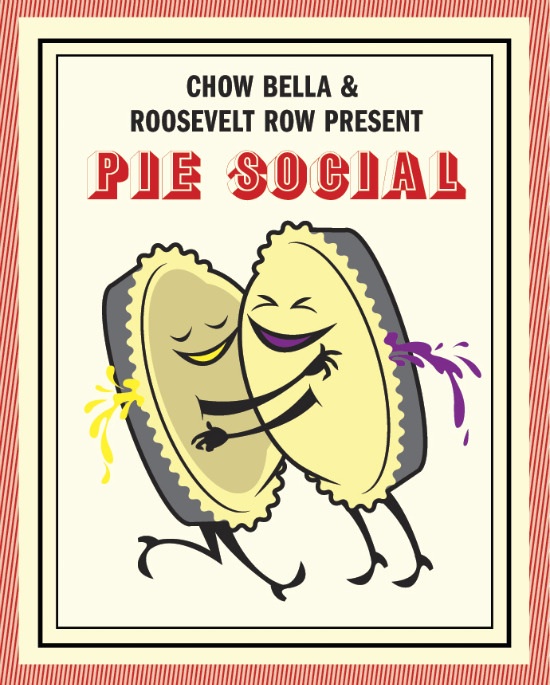I finally saw the movie Waiting for Superman a couple weeks ago. If you have anything to do with education or any interest in education (and, now that I think about it, particularly if you don’t) — you need to see it. The guy who made An Inconvenient Truth is trying to do for education what he did for the environment — boil down an amorphous, eyes-glazing-over topic into a fascinating, heartstring-tugging, our-future-is-at-stake portrait.
He did a good job. I pretty much sobbed through the whole thing, except for the few minutes I dozed off. (Hey, it’s still a documentary, and if you put me in a dark room in the afternoon for any amount of time these days, it’s gonna happen.)
Boiled down (because even the best cinematic effort is going to do that — the nuances of this particular topic are too much for the big screen) the movie’s message is that public schools (at least, lazy teachers and the unions that support them) are bad, and charter schools are good. I take issue with some of that, but I also took away the message I was supposed to take away: Things are really terrible and someone’s got to do something to make them better.
I get that.
I sobbed through the movie because I related to so much — and because there was so much in it that I don’t relate to at all. Right now, both my girls go to public school. It’s a great school, an aberration. Hardly super-urban, but not lily-white or incredibly moneyed, either. It’s near a university campus, which means you have some highly motivated parents poking in (mostly) the right places.
It’s been a good ride, but I fear it’s about time to get off — for Annabelle, at least. The school only goes through fifth grade, and the neighborhood middle school does not share its good reputation. The neighborhood high school is supposed to be even worse.
I’ve always said I’ll send my kids to public school til things go south, and with Annabelle in the fourth grade, the abyss (ok, maybe not an abyss, but a real decline) is on the horizon, and there’s a very tempting alternative.
A charter school. Arizona did the charter school thing earlier and more aggressively than many other states. As a result, here in the wild west we have a lot of charter schools. A lot of crappy ones, but a few really, really good ones, too. And so next March, we’ll do our own Waiting for Superman act of entering a lottery. There’s a 1 in 3 chance Annabelle will get into the performing arts school we’re hoping for. It starts in 5th grade, so we’ve got to go for it now.
I say “we,” but Annabelle’s not so sure. My mother the ballerina has been pushing this place for years, and we have friends whose kids are thriving at the school (and a couple who didn’t like it so much). I went to an orientation this fall and fell in love — the place is small and quirky, with rigorous academics and wonderful programs for voice, dance and theater. As the lottery date approaches, Annabelle’s asking more questions. She’s understandably nervous.
This morning, on the literally 2-minute drive we have to the girls’ elementary school (it’s that close, we’re that spoiled) Annabelle asked me where the school is. I told her it’s downtown, near my office. Then she asked a question I wasn’t prepared for.
“Will Sophie go there?”
SHIT.
I could practically hear both girls lean forward in their booster seats, waiting for my response.
“Well, sweetie,” I said, “probably not.”
“Why?”
“Hmmm,” I finally said, turning into the school parking lot. “You know, it’s not an easy answer. I’m going to think about how to explain that.”
“Do they have a special education program there?”
“Well, that’s part of the problem. They really aren’t –”
“Don’t they have someone there who can help her?”
No, I wanted to say. As far as I know, they do not. Legally, I’m not sure whether a charter school can turn a special needs kid away, but I know this simply is not a place for Sophie.
As it turns out, there really isn’t a place for Sophie.
If Annabelle doesn’t get into the arts school, she can do fifth grade at our elementary school, and then there are probably a dozen really good options — a different public school in our district, another charter school, maybe even (not that I’m so keen on this) a private school.
But Sophie? Ugh. It’s not good. I was eager to meet with the special ed lawyer we’ve hired not only to talk about how to make things better at our current school, but to talk about options beyond it. If things get really bad, I’ll have to send Sophie someplace else, and even if they don’t, we still need to plan for sixth grade. I figured this lawyer would have a long list of suggestions.
Instead, she shook her head. If Sophie was really low functioning or if she had autism, yes, there are lots of charter and private school options, she told me. But there are no schools locally that do a good job of serving a high functioning kid with Down syndrome.
SUPER.
Waiting for Superman did an amazing job of showing just exactly why education is so important for kids at inner city schools — kids from economically disadvantaged families. The film even profiled a girl in a suburban setting, where money isn’t as big a deal, but the schools still aren’t so hot. I don’t blame the filmmaker one bit — he had already bitten off a mighty hunk — but there was literally not one word about any kid with special needs. That topic was not covered at all in the movie.
Annabelle and Sophie will both be okay. Ray and I will make sure of it. We have the means — at a lot of levels — to do that, at least I hope we do. But what about the special needs kid who goes to one of those shitty schools in Waiting for Superman, who doesn’t get into a charter school designed to help him? What if there is no charter school to help him?
It’s gonna take more than Superman to fix things.













